Spiritualist Marianne Williamson ignited a firestorm when she took to social media this week to use a the issue of postpartum depression as an opportunity to platform for paid family leave:
“Hormonal changes during and after pregnancy are NORMAL. Mood changes are NORMAL. Meditation helps. Prayer helps. Nutritional support helps. Love helps.” In comments with followers, she asserts: “The [postpartum depression] disease is not inside the woman; the disease is inside a system so based on greed that it does not honor parents’ need to remain with their children long enough after birth.”
Those who suffer from the often-overlooked condition were far from pleased at being victimized for the sake of political pandering. Within 24 hours, Postpartum Progress scored over 2 million hits with their hashtag response to Williamson, “#meditateonthis.” Millions of women who have and are successfully treating their postpartum depression and anxiety with medication shot back at the spiritualist’s cheap shot in the name of politics.
How many of these women are stay-at-home moms, or have had what Williamson would dub “enough” postpartum time with their babies is unclear. What I can state for a fact is that I am one of them. I am a sufferer of postpartum anxiety. And I am a stay-at-home mom. So, in my case at least, myth busted. And I know I’m not alone.
There is no such thing as “enough” time with your baby. Family Quality Time, as my mother dubbed it, is always in short supply in our frenetic culture, whether you stay at home with your child or not. While paid family leave is certainly a topic worthy of discussion, a government subsidy will not level out hormone fluctuations, ease concerns over baby’s health, development and safety, or keep a house running and a family functioning. Contrary to popular belief, there are some things that money just can’t fix.
I’ve elected to pursue yoga and meditation as tools to assist in the healing of my postpartum anxiety. Medication was proffered by my physician. However, if I elected to take the medication I’d be risking contracting a potentially deadly blood disease that I’m already genetically susceptible to. For me, pills aren’t an option. For other women, they are a necessity. Treatment is a decision best made between a woman and her medical provider, not an inaccessible self-proclaimed spiritualist preaching her politics to the unknown masses.
In fact, telling mothers who are in the throes of hormone fluctuations, who are exhausted, who are panicked about their baby’s health and wellbeing and about their own ability to parent, to just think away their distorted thoughts is as far from spiritual as you can get. Given that mothers with PPD/PPA symptoms are reluctant to speak up for fear of having their child taken away from them, it’s downright dangerous. Postpartum depression and anxiety is the opposite of Oz. You can’t wish it away and you can’t handle it alone.
When I collapsed onto my staircase in gut-wrenching tears, I knew I needed help. Returning to work wasn’t an issue for me. And while I consider myself a faithful Jew, I knew that praying wasn’t going to take the panic, the acid reflux, or the migraines away. In fact, my faith taught me that acknowledging a problem and taking control of it in the right way is the only solution. For me, meditation is a part of that process. Through meditation I am reminded that I don’t need to judge myself, nor do I need to be judged by anyone else. Marianne Williamson should take her own advice and meditate before she speaks.


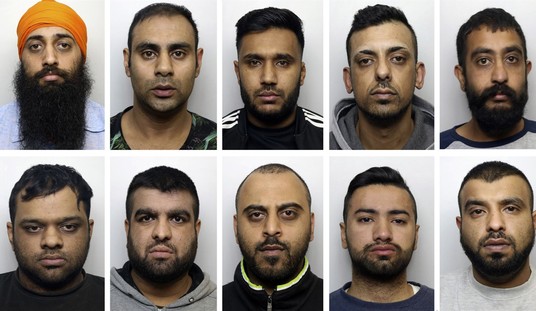
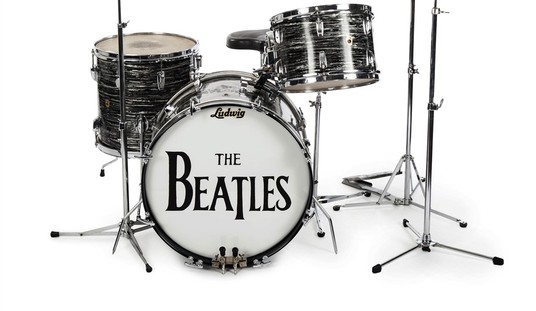
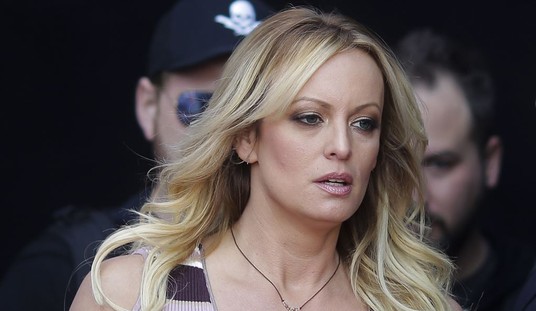
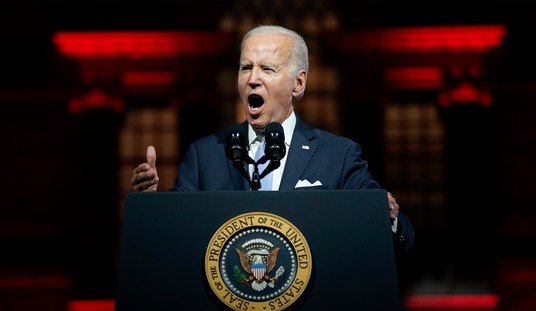
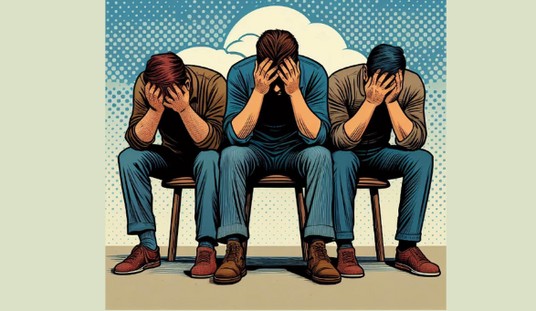
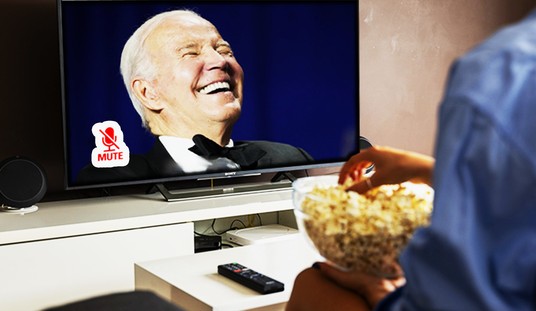
Join the conversation as a VIP Member